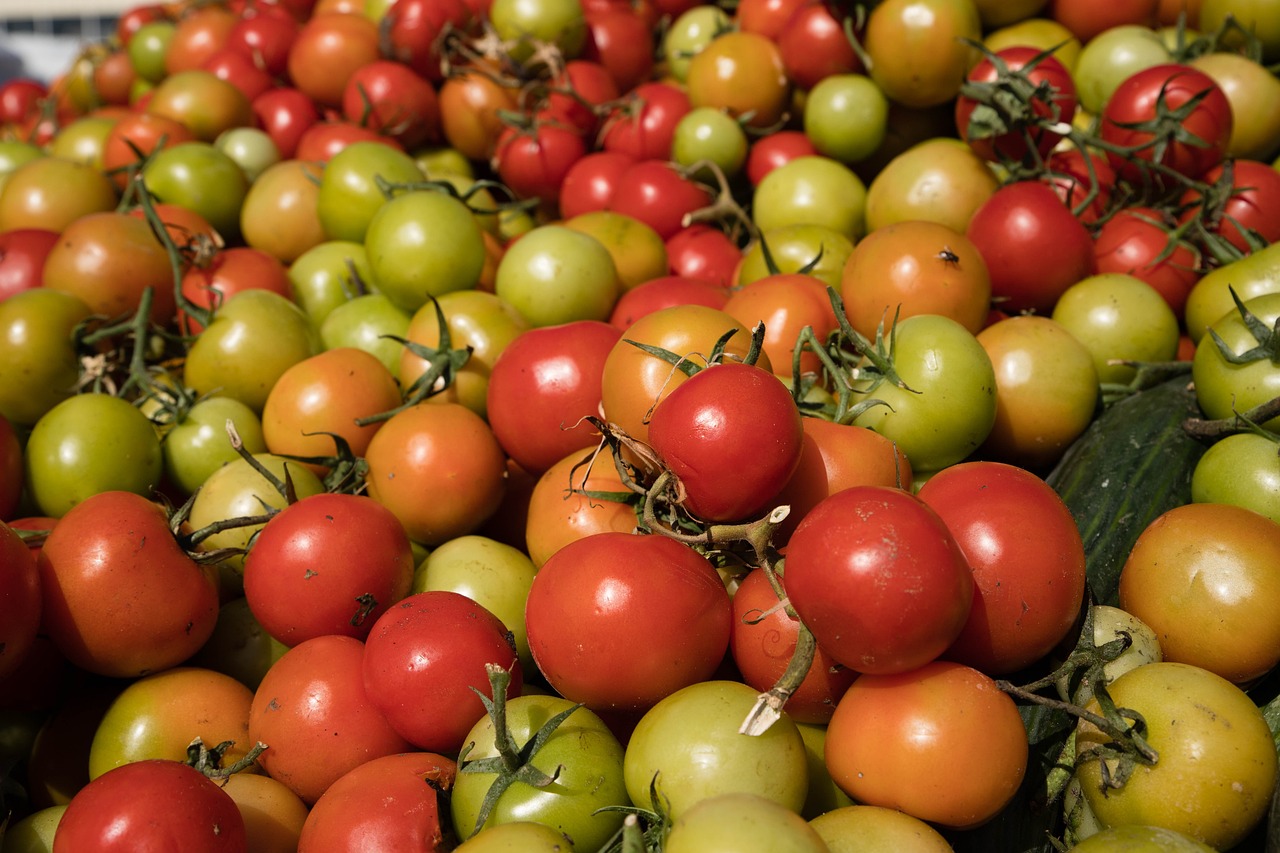Addressing Food Preservation Techniques in QSR Operations: Betbook250 com, Reddy anna book online, Playlotus365 com
betbook250 com, reddy anna book online, playlotus365 com: Addressing Food Preservation Techniques in QSR Operations
In the fast-paced world of Quick Service Restaurants (QSRs), ensuring that food is fresh and safe for consumption is paramount. Food preservation techniques play a crucial role in maintaining the quality and safety of ingredients and prepared dishes. From storing raw materials to extending the shelf life of cooked items, QSR operators must implement effective preservation methods to prevent food spoilage and uphold food safety standards.
In this blog post, we will explore the importance of food preservation in QSR operations and discuss various techniques that can be employed to ensure the longevity of ingredients and dishes. Whether you run a small fast-food joint or a large chain of QSRs, implementing proper food preservation practices is essential for the success of your business.
The Role of Food Preservation in QSR Operations
Food preservation is the process of extending the shelf life of food products by inhibiting the growth of microorganisms, enzymes, and other factors that can cause spoilage. In the context of QSR operations, food preservation is critical for several reasons:
1. Food Safety: Ensuring that food is safe for consumption is a top priority in the foodservice industry. By implementing proper preservation techniques, QSR operators can reduce the risk of foodborne illnesses and maintain high food safety standards.
2. Cost Savings: Food spoilage can lead to significant financial losses for QSRs. By preserving ingredients and dishes effectively, operators can minimize waste and maximize profits.
3. Quality Control: Maintaining the freshness and quality of food products is essential for customer satisfaction. Proper preservation techniques help QSR operators deliver consistent and high-quality dishes to their customers.
Common Food Preservation Techniques in QSR Operations
There are several food preservation techniques that QSR operators can employ to extend the shelf life of ingredients and dishes. Here are some of the most commonly used methods:
1. Refrigeration: Refrigeration is one of the most basic and effective food preservation techniques. By storing perishable items such as meat, dairy products, and vegetables in a refrigerator at the appropriate temperature, QSR operators can slow down the growth of bacteria and extend the freshness of these ingredients.
2. Freezing: Freezing is another widely used preservation method in QSR operations. By freezing prepared dishes or ingredients, operators can preserve their quality and prevent spoilage for an extended period.
3. Vacuum Packing: Vacuum packing involves removing air from food packaging to create a vacuum seal. This technique helps to inhibit the growth of bacteria and prolong the shelf life of perishable items.
4. Canning: Canning is a popular preservation method for sauces, soups, and other liquid-based dishes. By sealing cooked food in sterilized jars or cans, QSR operators can create a vacuum that prevents the growth of microorganisms.
5. Pickling: Pickling involves submerging food items in a mixture of vinegar, salt, and spices to preserve them. Pickled vegetables, fruits, and meats can stay fresh for an extended period and add flavor to dishes.
6. Dehydration: Dehydration is a method of removing moisture from food products to inhibit the growth of bacteria and enzymes. Dried fruits, vegetables, and meats are popular choices for QSR operators looking to extend the shelf life of ingredients.
7. Fermentation: Fermentation is a natural preservation method that involves the conversion of sugars into alcohol or acids by microorganisms. Fermented foods such as yogurt, kimchi, and sauerkraut have a longer shelf life and offer health benefits.
Implementing Effective Food Preservation Practices in QSR Operations
To ensure the successful implementation of food preservation techniques in QSR operations, operators must follow best practices and guidelines. Here are some tips for effectively preserving food in a QSR setting:
1. Train Your Staff: Properly training your staff on food safety and preservation techniques is essential for maintaining high standards of hygiene and quality. Make sure that your employees are aware of the importance of proper food handling and storage practices.
2. Monitor Temperature: Keeping track of the temperature in refrigerators, freezers, and storage areas is crucial for preventing food spoilage. Make sure that your equipment is functioning correctly and that perishable items are stored at the appropriate temperature.
3. Label and Rotate Stock: Implement a system for labeling and rotating stock to ensure that ingredients and prepared dishes are used in a timely manner. By following the “first in, first out” principle, you can minimize waste and prevent spoilage.
4. Conduct Regular Inspections: Regularly inspecting your storage areas, refrigeration units, and inventory can help you identify potential issues before they escalate. Look out for signs of spoilage such as mold, off odors, or discoloration.
5. Work with Suppliers: Establishing strong relationships with suppliers who provide high-quality ingredients is key to ensuring the freshness and safety of your food products. Communicate your preservation requirements and expectations to your suppliers to maintain a consistent supply chain.
6. Update Your Menu: Consider incorporating ingredients and dishes that have a longer shelf life into your menu. By offering items that can be preserved effectively, you can reduce waste and enhance the efficiency of your operations.
FAQs
Q: What are the best practices for storing raw meat in a QSR setting?
A: Raw meat should be stored in a refrigerator at temperatures below 40F to prevent bacterial growth. Always keep raw meat separate from other ingredients and cooked dishes to avoid cross-contamination.
Q: How long can prepared dishes be stored in a freezer?
A: Prepared dishes can typically be stored in a freezer for up to three months. Make sure to package the dishes properly to prevent freezer burn and maintain their quality.
Q: Is it safe to use expired ingredients in QSR operations?
A: It is not recommended to use expired ingredients in QSR operations as they may pose a health risk to customers. Always check the expiration dates on food products and dispose of any items that are past their prime.
In conclusion, food preservation techniques play a crucial role in maintaining the quality, safety, and longevity of ingredients and dishes in QSR operations. By implementing effective preservation methods, QSR operators can uphold food safety standards, minimize waste, and deliver high-quality dishes to their customers. From refrigeration and freezing to vacuum packing and pickling, there are various preservation techniques that can be tailored to suit the needs of different QSR establishments. By following best practices, training staff on food safety, and working closely with suppliers, QSR operators can ensure the success of their business and the satisfaction of their customers.







